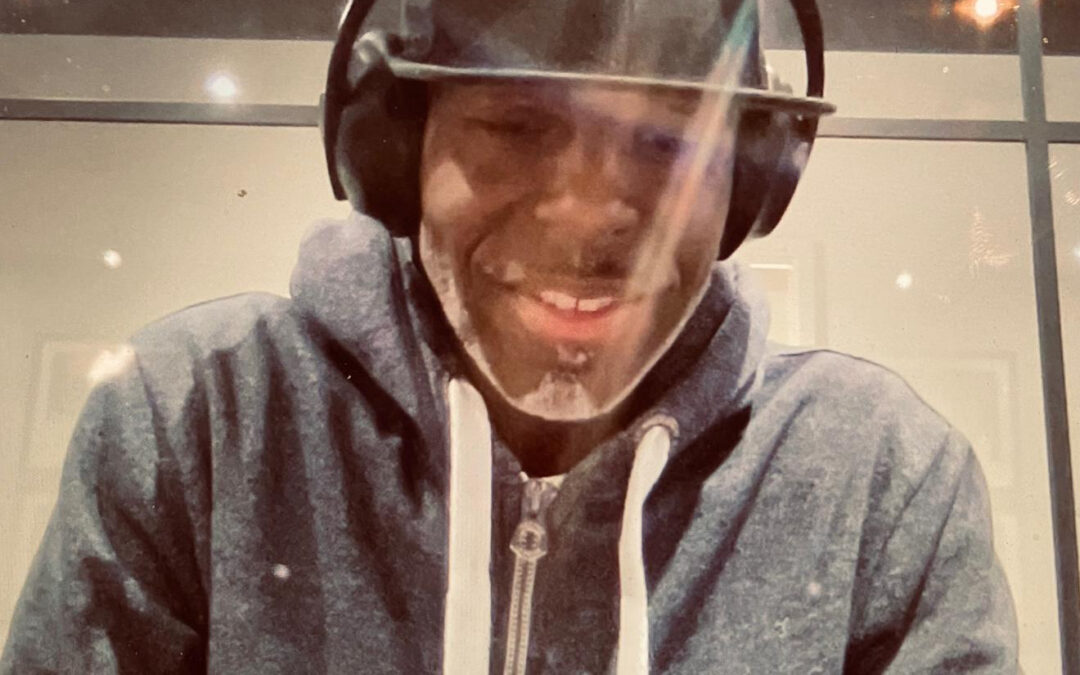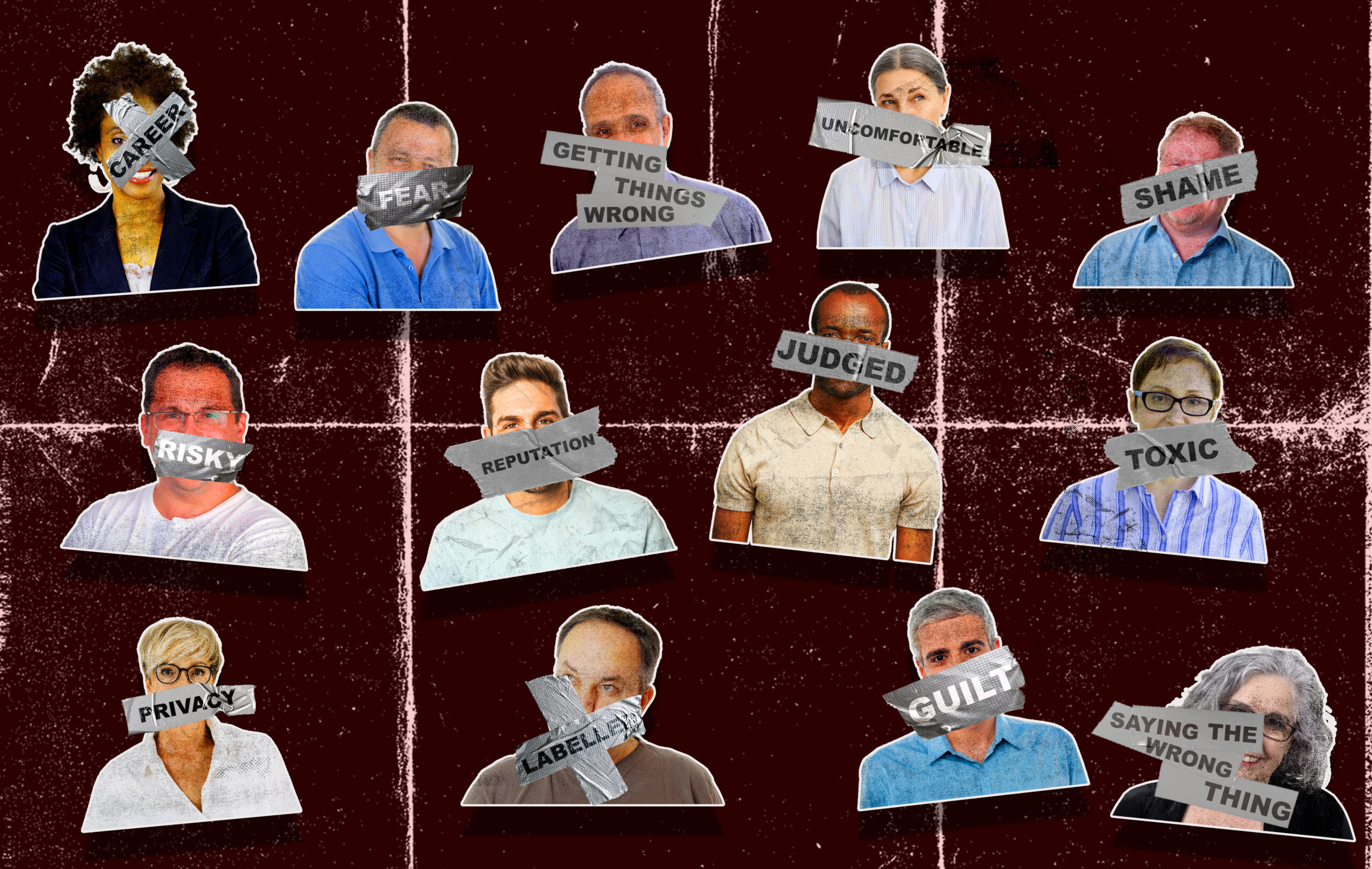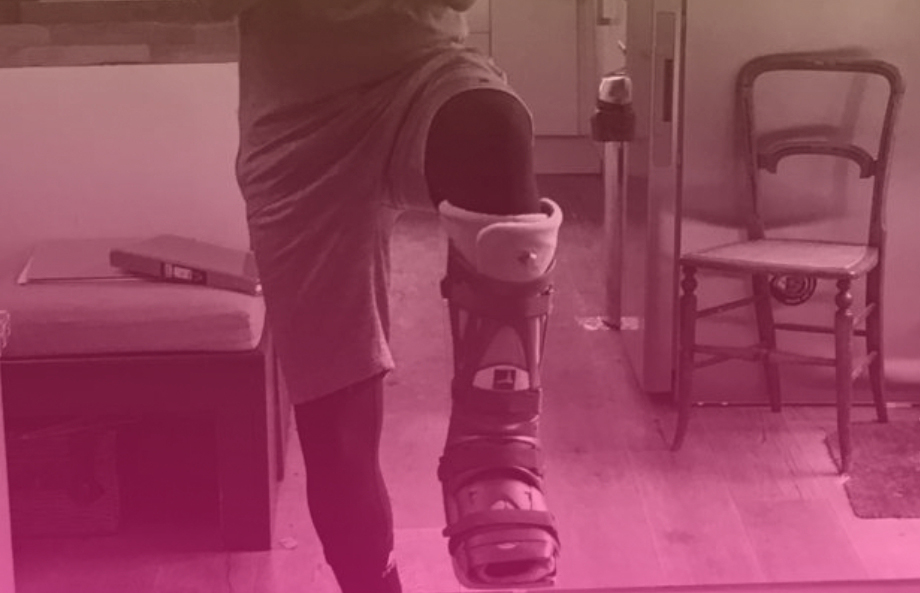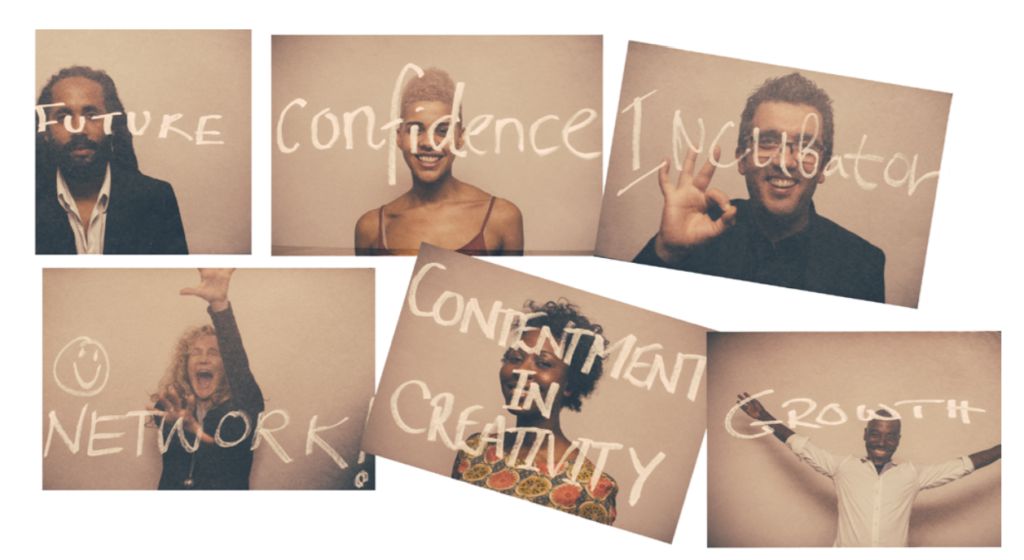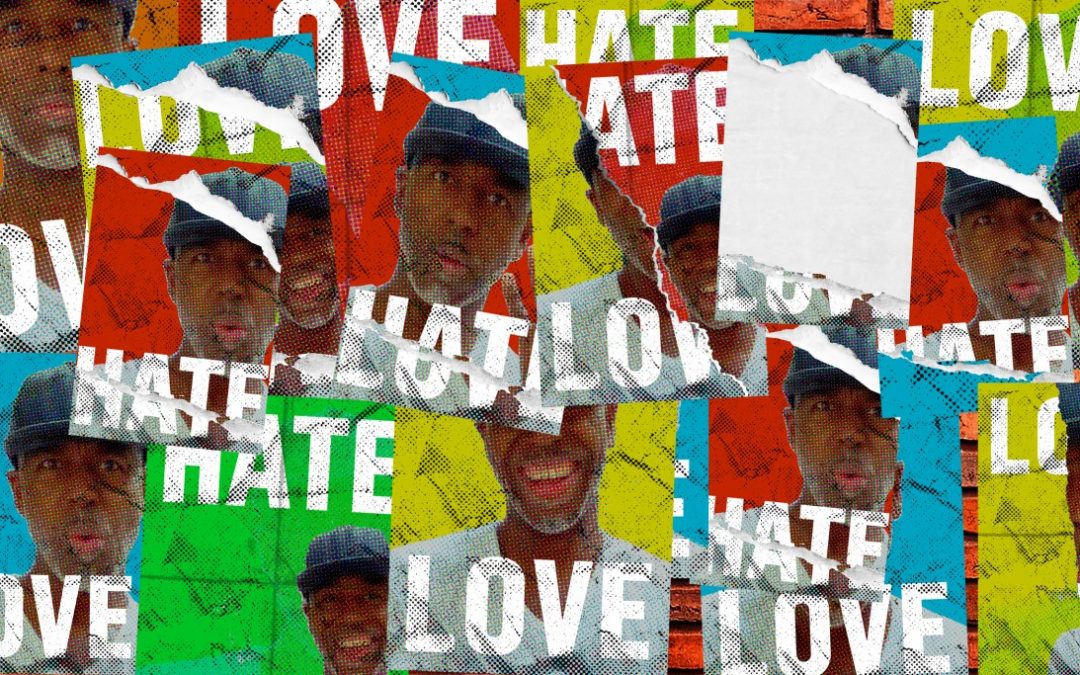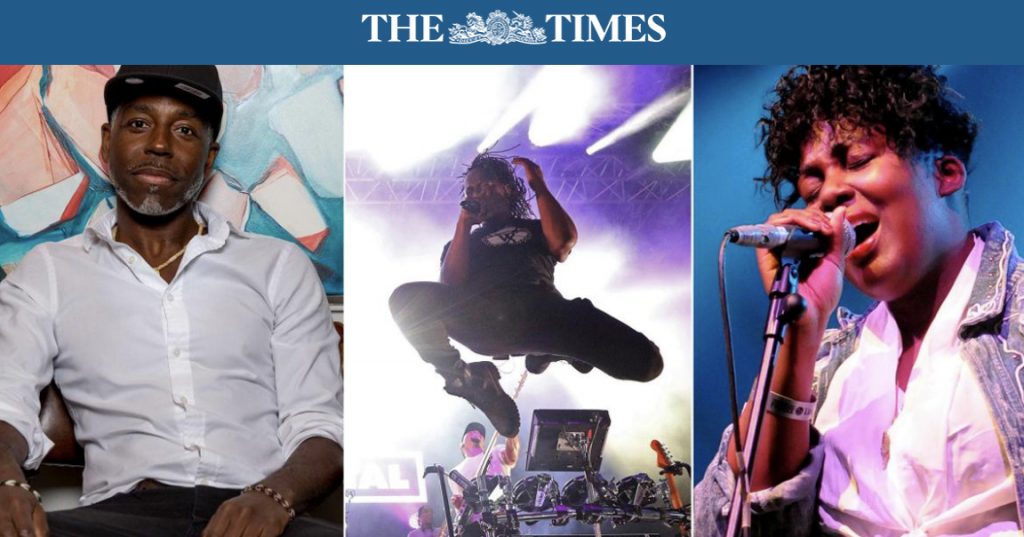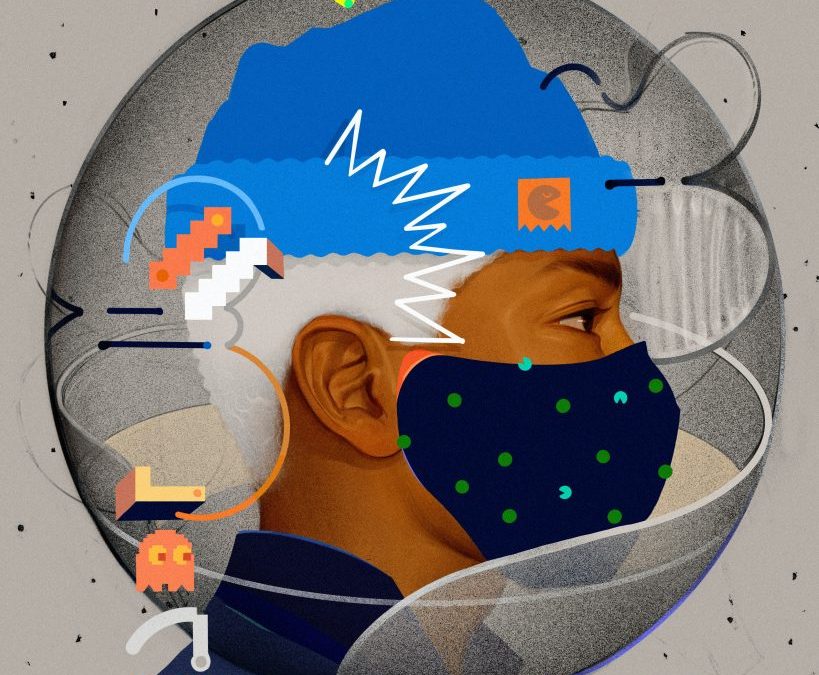Kevin Osborne helped launch urban music stars such as Plan B. Now the entrepreneur plans a new investment in talent from minority backgrounds.
As a musician, Kevin Osborne played in bands that supported the likes of Prince, Chaka Khan and Curtis Mayfield. As a social entrepreneur, he has helped a new generation of stars to become the headline act.
Tribal Tree, which Osborne set up in 1999, was a programme that helped youngsters with an interest in music who were unemployed, had dropped out of school or had been involved with crime. It was credited with helping to launch urban music stars including Plan B, Rudimental and N-Dubz, as well as Anita Blay, the songwriter. “What excited me was there was this talent on the street just not getting found. It’s funding stuff that others weren’t and developing it,” he said.
Having seen at first-hand the hurdles that people from minority and working-class backgrounds face in pursuing a career in the arts, for his next act Osborne, 51, is securing backers for Create Equity Fund, a new investment vehicle that will focus on investing in black, Asian and minority ethnic entrepreneurs with fledgling creative businesses. He hopes to raise £25 million to “transform the small business funding landscape for thousands of budding entrepreneurs who are currently systematically disadvantaged”.
Arts Council England, the Esmée Fairbairn Foundation and the Paul Hamlyn Foundation have provided seed funding and Osborne is looking for public and private backers to support the venture, while LEK Consulting and KPMG, the professional services firms, are helping to hone the business plan. The fund is due to be launched towards the final quarter of this year. Osborne expects it to make an average investment of between £250,000 and £500,000 that will be put in alongside other funders to support BAME entrepreneurs and creatives with equity capital.
The need for the fund is underlined by Arts Council research that shows only 2.4 per cent of regular funding from the leading arts funders goes to BAME-led organisations, a figure that would be closer to 15 per cent if funding were distributed in proportion to the BAME population. A host of well-meaning grant-funded initiatives have failed to make a dent in the issue and it’s time for a more commercial approach, Osborne argues — one that he hopes will improve the diversity of leadership, creative talent, creative content and audiences in the arts.
“The idea was to create a fund [and] run it commercially so you are not reliant on grants. The idea is you would invest in an up-and-coming Michaela Coel [creator and star of the widely acclaimed BBC and HBO drama I May Destroy You that has a predominantly black British cast] or somebody creating the next Hamilton. It’s commercial content that can gain mass attention. That’s the kind of thing we want to be investing in.”
Osborne grew interested in community work after tiring of his career as a musician and producer. “It was probably the richest I’ve ever been, but wasn’t that satisfying. My aspirations for what it would be like to have a semi-successful [music] career wasn’t how it panned out.”
However, music seemed the obvious way to make a connection with youngsters who needed a hand. “Having grown up in a north London estate in Finsbury Park, I guess [Tribal Tree] was about me having used music as my way out.”
Tribal Tree, which was based in Chalk Farm, north London, was grant-funded and its demise in 2007 made Osborne determined to make his next ventures more commercial.
Funding for the scheme dried up when The Roundhouse, a live venue and studio with similar goals to Tribal Tree, set up over the road. “In a commercial setting, if you’re doing something right, you sell the units and you’re rewarded. With Tribal, you can be knocking it out of the ballpark, but because you’re within that grant-funding system, you can be defunded because something with a bigger power base sets up near you.”
After Tribal Tree’s closure, Osborne completed a master’s degree in sustainable business practices as well as the Clore Leadership Programme, a scheme for aspiring arts, culture and creative sector leaders. Part of the motivation was to build a network. “Unless you have networks in the charity sector, it’s hard to have a voice.” In 2012, he set up MeWe360, a not-for-profit venture that helps “untapped talent”, particularly those of BAME origin, to start creative businesses by providing workspace, mentoring and introductions to potential investors.
“My whole thing was, there’s just this raw talent sitting on the street, none of the record companies are picking it up.
“And we could do that, not just in the music industry but right across the creative industries, in television, film, whatever was there to be picked up to be developed.” MeWe360 is yet to produce its Plan B moment, but Osborne says that a number of projects are “just starting to blow up”, such as the Snapchat-backed Dose of Society, which provides a video platform for young community activists that is notching up millions of views.
“I’m just as proud of people that have shown the resilience [to survive]. We had a guy who had a music production company who was hit by a bereavement and an issue of mental illness. He disappeared for a couple of years to deal with stuff, but he’s back and we support him.
“Being there for the life of the entrepreneur is what I’m all about. If you come from a middle-class background, you have back-up and the fall is far less and the bounce back is faster because you have the resources and network. For the black entrepreneur I’m talking about, the fall was complete.”
Create Equity Fund will focus more squarely on projects that it thinks can be commercially successful so that eventually it can be self-sustaining. “Most grant funding is short-term, project-based funding and the shape of your projects can be determined by the priorities in government at the time.”
He hopes that the fund can succeed in making a dent in underrepresentation where previous projects have failed. “We are not going to move from 2.6 per cent to 14 per cent overnight because we are in a recession and there is a structural funding bias. But it means the talent coming through would be more diverse, the content would be more diverse and the audiences would be more diverse.
“If you have a more diverse creative sector and more diverse companies, it will deliver increased economic benefit. Part of it is about social justice; part of it is, this is just good business.”
‘The funding system has been biased forever, I don’t think anyone denies that now’
Kevin Osborne says that arts institutions had been merely “dabbling” with diversity before the Black Lives Matter movement (James Hurley writes). Now that there is a focus on systemic racism across society, “the great and the good in the arts sector” have “woken up”.
“I was speaking to somebody who runs one of the big arts venues recently. She just said, ‘You know, we got caught with our pants down.’ It is the way to describe it. People had plans, there are always plans afoot, but there has never been the momentum and impetus to make it work.
“The funding system has been biased forever, I don’t think anyone denies that now. They’ve tried everything and they don’t quite know what to do about it.” That has left arts funders “exposed” and “looking for a solution”, one that he hopes his BAME fund will be part of.
Previous efforts to improve the diversity of the arts have floundered partly because they lacked commercial drive, he believes. “[Arts funders] aren’t very commercially minded and there’s almost an ideological backlash against success rather than seeing it as value for money.
“We’ve probably wasted hundreds of millions trying to diversify the arts. The investment model working is very important.”
Backing a more diverse creative industry will mean a richer cultural environment, given the disproportionate amount of funding that goes to traditional areas of the arts that may have small and generally elite audiences, such as classical orchestras.
“There is a whole values thing about what counts as culture. There’s a broad audience for more popular forms of culture and with the tech revolution we are going to be digesting content in different ways. Most of the funders are still trying to get their heads around this.”
